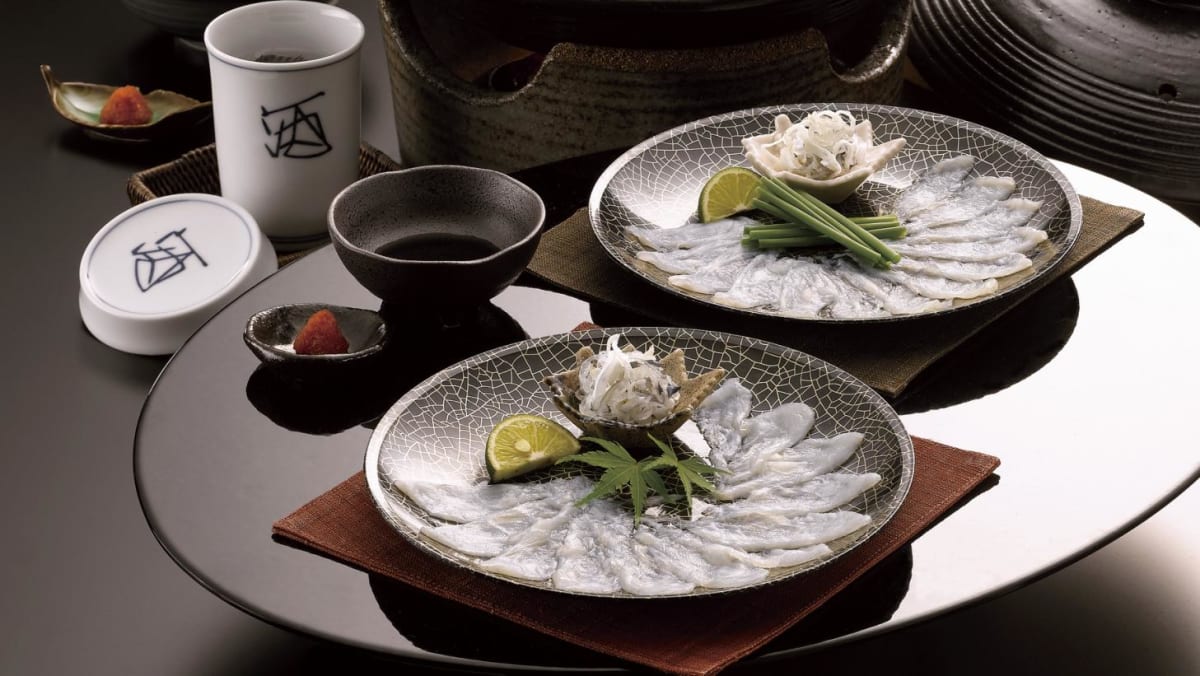From fugu to ikan buntal: Pufferfish has long roots in culture

“These folklore are important and we don’t go against it because they are the words of the orang lama, individuals who have tried and tested them,” Firdaus said.
Meanwhile, Khir told of another folklore shared by Malay elders: “If, when boiling the fish, the water gets dark and murky, it means the poison has gone into the flesh. So you cannot eat it,” he said.
While both Malay and Orang Laut cultures parlay the fish to a dish called kerabu buntal (loosely translated to mean pufferfish salad), their versions differ from one another.
For one, the Orang Laut version includes the potentially poisonous liver. “The liver becomes a rich base along with chillies, lemongrass and kangkong (water spinach),” explained Firdaus. The pounded base is cooked down with the pufferfish meat to a thickish sambal.
“While the texture of the meat – somewhat like that of Patagonian toothfish – is great, you need spices like red chillies, ginger, garlic, and lots of black pepper and lemongrass to bring out the lemak-ness (richness) of the fish,” said Khir. “We cook it down till the entire mix reduces so that it’s quite dry, hence the name kerabu buntal.”
FEWER FUGU CHEFS
With strict rules regarding its consumption in place, both in Japan and Singapore, the art of preparing pufferfish is slowly becoming one that’s limited to a few.
According to Firdaus, the number of individuals skilled at preparing pufferfish in the Orang Laut community has dwindled since fishing requires “the luxury of time” in modern Singapore. And even in Japan, Yamauchi reckoned that the rise of farmed fugu and an increasing number of Japanese fishmongers skilled at preparing fugu have led to fewer qualified fugu chefs.
Nevertheless, the fascination with pufferfish remains intact for now – whether served as a seasonal delicacy during the winter months at Japanese restaurants or even as part of yusheng during Chinese New Year. And for anyone mulling the prospect, it pays to fall back on the adage that when in doubt, sit it out.
Source: CNA














